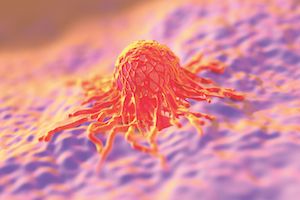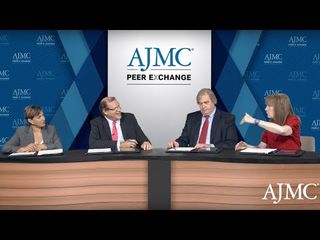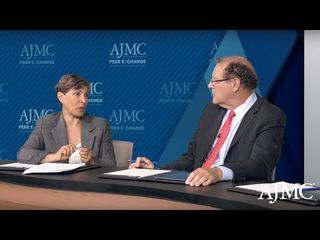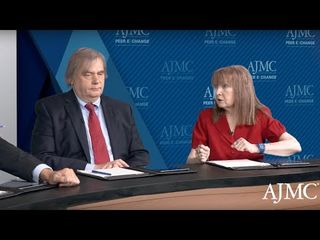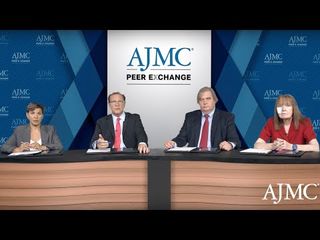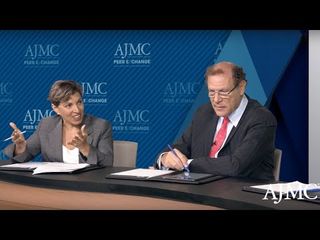
Clinical
Latest News

Latest Videos

CME Content
More News

CAR T-cell therapies tisagenlecleucel (Kymriah, Novartis) and axicabtagene ciloleucel (Yescarta, Kite Pharma/Gilead) may come with hefty price tags, but the cost-effectiveness of both therapies fell below or within commonly cited thresholds of $50,000 to $150,000 per quality-adjusted life years, according to a report by the Institute for Clinical and Economic Review.

What We're Reading: Cost of Healthcare Bills; Albertsons Buying Rite Aid; Pediatric Cancer Therapies
Research analyzes the cost of processing healthcare bills; supermarket operator Albertsons will buy drugstore chain Rite Aid; a review of phase 1 clinical trials finds just 1 in 10 children with cancer see improvements.

Long-term use of inhaled corticosteroids, which are widely used to treat chronic obstructive pulmonary disease, are associated with an increased risk of fractures, according to a new study in CHEST.
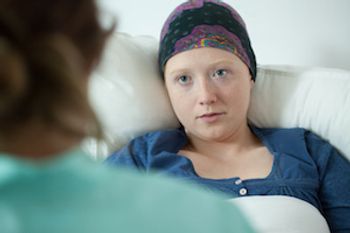
Cancer survivors may be able to manage the extreme fatigue they experience after treatment by knowingly taking a placebo pill, according to researchers at University of Alabama at Birmingham and Harvard Medical School.

FDA has approved apalutamide, the first treatment for nonmetastatic castration-resistant prostate cancer, based on results from a phase 3 study that showed the drug reduced the risk of metastasis or death by 72% and improved median metastasis-free survival by more than 2 years.

A new study found that patients with chronic obstructive pulmonary disease with higher symptom burden are worse at self-management, which is an important part of managing the disease.

The Department of Justice is moving forward with a $1 billion lawsuit against UnitedHealth Group over Medicare claims; Oregon's legislature is considering adding healthcare as a right to the state's constitution; another trial for an Alzheimer disease drug is stopped.
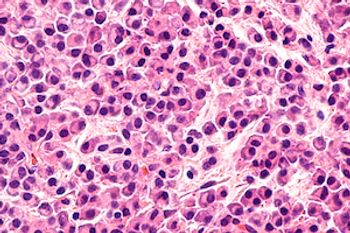
The addition of daratumumab to standard-of-care regimens used to treat multiple myeloma, such as bortezomib, melphalan, and prednisone, decreased the risk of disease progression or death in newly diagnosed patients who were ineligible for autologous stem-cell transplantation.

Multimorbidity is common in patients with chronic obstructive pulmonary disease (COPD), and is associated with high levels of polypharmacy, which can lead to an increased risk of adverse drug reactions.

From 2002 to 2015, CD4 cell counts at the start of combination antiretroviral therapy (cART) increased, and the proportion of individuals with severe immunodeficiency at the start of cART decreased among all income groups, according to a study published in Clinical Infectious Diseases.

Patients with metastatic urothelial cancer treated with atezolizumab monotherapy demonstrated tolerability for the drug and general ability to manage adverse effects, according to a study published in JAMA Oncology.

Researchers have developed a method of reducing pain-associated behaviors through the creation of decoy molecules that prevent pain after injury.

With 4 in 10 cardiomyopathies having genetic links, there is a need for relatives of patients with cardiomyopathy to be screened in order to prevent early death, according to a recent study published in European Heart Journal.

At least 9 states are considering their own health insurance mandates now that Congress has repealed that of the Affordable Care Act; a senator is calling on the United States to invest $1 billion into developing a universal flu vaccine; physicians believe proposed Florida legislation may be too tough on opioid prescriptions.

New research on breast cancer biopsies and counseling after treatment will allow surgeons to have more meaningful conversations with their patients, according to a study published in JAMA Surgery.

Nat Turner, co-founder and CEO of Flatiron Health, explains how data can be used for finding potential patients to be included in clinical trials.

When a drug becomes first-line, I would like to think that as a clinician I would have access to that, but most importantly that my patients would not have to have a bake sale or take out a second mortgage on their homes to get therapies that are designed specifically for them, said A. Mark Fendrick, MD, director of the Center for Value-Based Insurance Design at the University of Michigan.
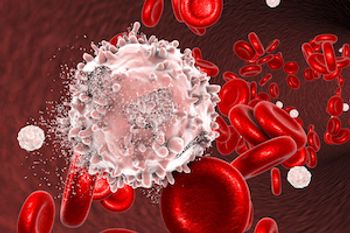
Despite years of stability, patients with monoclonal gammopathy of undetermined significance (MGUS) are at risk of progressing to multiple myeloma or another blood cancer, according to a long-term follow-up study published in New England Journal of Medicine. MGUS usually causes no problems, but it is a precursor to cancer.

A study finds that protein markers may be a better predictor of drug response than genetic mutation are in patients with acute myeloid leukemia (AML). As a result, some patients who could benefit from treatment may not be eligible under current approval specifications.

Biomarkers of renal dysfunction, endothelial dysfunction, and inflammation were associated with incident heart failure with reduced ejection fraction. By contrast, only natriuretic peptides and urinary albumin to creatinine ratio were associated with heart failure with preserved ejection fraction (HFpEF), a finding that highlights the need for future studies focused on identifying novel biomarkers of the risk of HFpEF, according to a study in JAMA Cardiology.

The FDA has launched a new pilot program that will evaluate whether disclosing certain information within clinical study reports following approval of a new drug application enhances public access to drug approval information, according to a statement by FDA Commissioner Scott Gottlieb, MD. The agency is also working to add a trial's ClinicalTrials.gov identifier number to the agency’s materials for future drug approvals.

Poor baseline Lung Immune Prognistic Index (combining derived neutrophils ratio greater than 3 and lactate dehydrogenase greater than upper limit of normal), or LIPI, was associated with worse outcomes for immune checkpoint inhibitor (ICI) treatment in patients with non-small cell lung cancer (NSCLC), but not with results of chemotherapy, according to a study in JAMA Oncology.

The trial evaluates the immunotherapy drug durvalumab as maintenance therapy in patients who have successfully undergone R0/R1 resection of pancreatic ductal adenocarcinoma following neoadjuvant chemotherapy and completion of adjuvant chemotherapy.

Regardless of daily exercise and healthy eating, a person’s genes determine their ability to lose or gain weight, and researchers have now identified 14 variations in 13 genes that affect an individual’s body mass index.

The approval expands the use of olaparib to include the treatment of patients with BRCA-mutated HER2-negative metastatic breast cancer. The FDA also expanded the approval of Myriad’s BRCAnalysis CDx, a companion diagnostic to olaparib, to include the detection of BRCA mutations.

